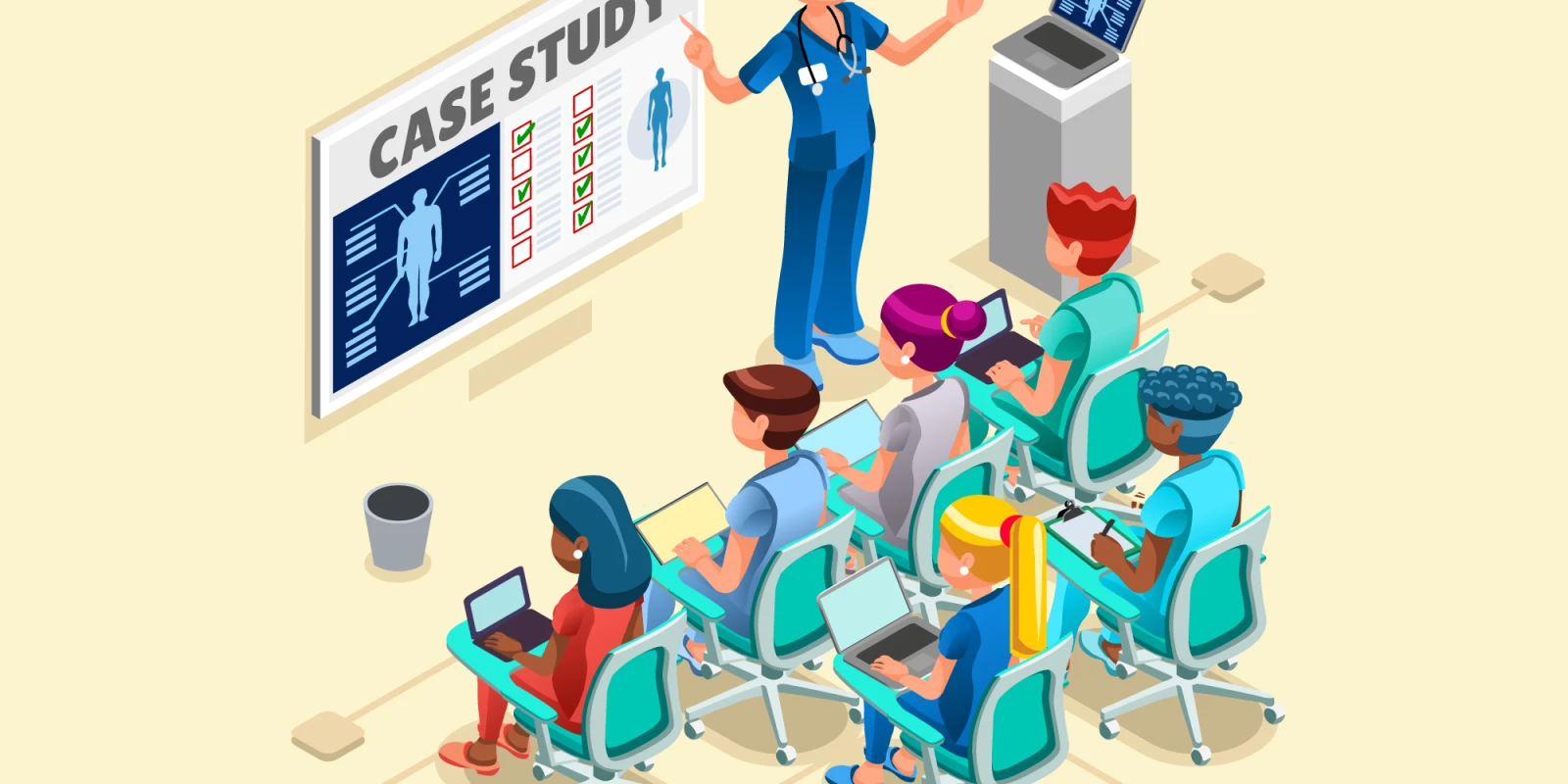
By this point in the year you fully understand the phrase “medical school is like drinking from a fire hose.” You’ve been through countless anatomy and pathology lectures and may have a good grasp on studying techniques. However, it never hurts to brush up on methods to make lectures and studying as efficient as possible.
Do Understand How You Learn Best
Are you a visual learning or can you pick up information by listening?
Does reading the chapter the night before help or is it better to read afterwards to add details?
Personally, I am part visual and part auditory. Put a good diagram in front of me and partner that with a good explanation and I'll definitely be able to retain the information. When I started medical school, I tried to read the relevant chapters the night before a lecture but it was overwhelming. Instead, I opted to skim over the next day’s lecture notes to have an idea of the lecture topic, took notes in class, then read over the chapter to pick up details I felt were necessary for my understanding. Once you determine which type of learner you are (visual, auditory, reading/writing or kinesthetic), figure out how the best way to prepare for and learn in lectures.
Do Reread Your Notes Every Night
If you don’t get anything else from this post, this is the most important thing! Do your best to read over the notes you took either during or after lecture every night. Yes, every lecture in medical school is probably an entire chapter and this is a time-consuming task, but it’s necessary. At this point, this is the third time you’re reading over this information and some things should be sticking. I know it’s a big requirement, especially after a long night of studying, but it’s so easy to blindly copy notes and not actually comprehend what you’re reading/writing.
Do Ask For Help Immediately
It’s easy to procrastinate at the beginning a new class.
“The test isn’t for a month, I’ll have time to study. Right?” Wrong!
Most schools have a block schedule meaning there are six to eight weeks between each exam. The first week in a new block its very tempting to want to relax and not study hard. This is only a setup to hurt the learning process later. Learning is a process and you have to first learn the information, then understand, then apply it. The longer you wait to learn the information, the longer the other phases will take. If you’re lost or don’t complete understand a concept find a new resources (textbooks, Youtube videos, Google) or ask your professor. The best way to test your application is to explain a concept to someone else and answer any questions they may have.
Do Try To Ask One Question Per Lecture
This was really difficult for me because I was always worried “what if this is a stupid question and everyone one is laughing inside their heads?”
First of all: who cares? How much does medical school cost? You’re spending too much to misunderstand anything.
Second: this forces you to pay attention and at least grab one thing from each lecture. When all else fails and you don’t remember anything about a topic, you’ll remember your attending’s explanation.
Third: this will grant you some serious class participation points. Your professor will know you’re always involved and attentive. I’ve been told from numerous professors when a student is on the cusp on a letter grade (89.5), this participation could swing it to a higher grade (A-).
Don't Waste Time
Honestly, don’t go to class if it’s not helping you learn. I know this is rarely given advice but in medical school, you really don’t want to waste time. If the way your professor explains concepts doesn’t help you learn and you would much rather read textbooks, by all means, go for it. Most medical school have lectures recorded and it may actually be easier to go over them on your own time at your most appropriate speed. However, I wouldn’t suggest missing class until after the first exam. Sometimes professors pull test questions from things they spoke about in class knowing students who didn’t show up will get it wrong. You don’t want to miss easy questions like that. Figure out how the exam is structured, then feel free to use class time for studying if necessary.
Don't Just Copy The Slides Into Your Notes
The purpose of writing notes is to fill in info that’s not already there. Sometimes we get sidetracked and rewrite info already on the slide. What a waste of time and energy! The best way to prevent this is to first read the slides the night before to see what’s already there and to second, pay attention and write key words and phrases that will help you remember when you’re rereading notes.
Don't Look At Your Phone
You knew this was coming. It’s so easy to look at your phone, get caught on Facebook for five minutes, look up and miss five really important slides. You could miss the entire TCA cycle if you blink too long! Then you get confused and start asking everyone what the professor said. Just avoid it all together and turn your phone off! Yes it will suck, but you’ll be present during the lecture and won’t need to catch up later.
Kamali Thompson is a MD/MBA student completing a research year in orthopedic surgery and will be applying for the 2020 match. She is a team USA fencer and 2020 Olympic hopeful. She is also an active blogger on her website, Saber & A Stethoscope, and active on twitter (@Kamali_Thompson) and Instagram (@dr.mali.mallz). She is also a 2018-2019 Doximity author.







